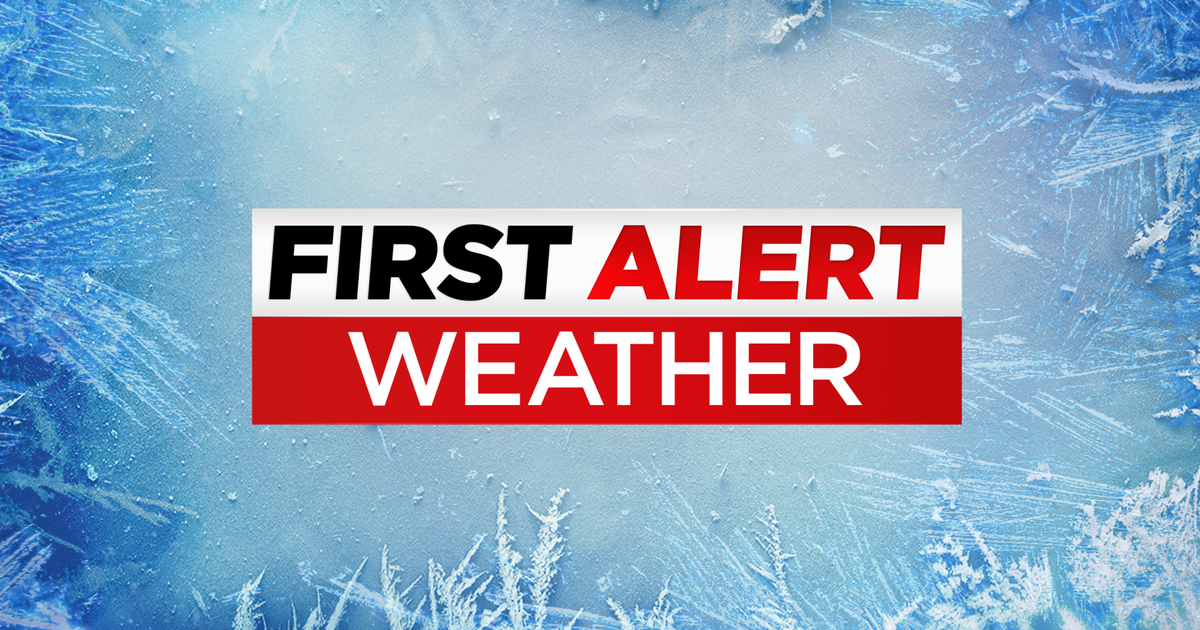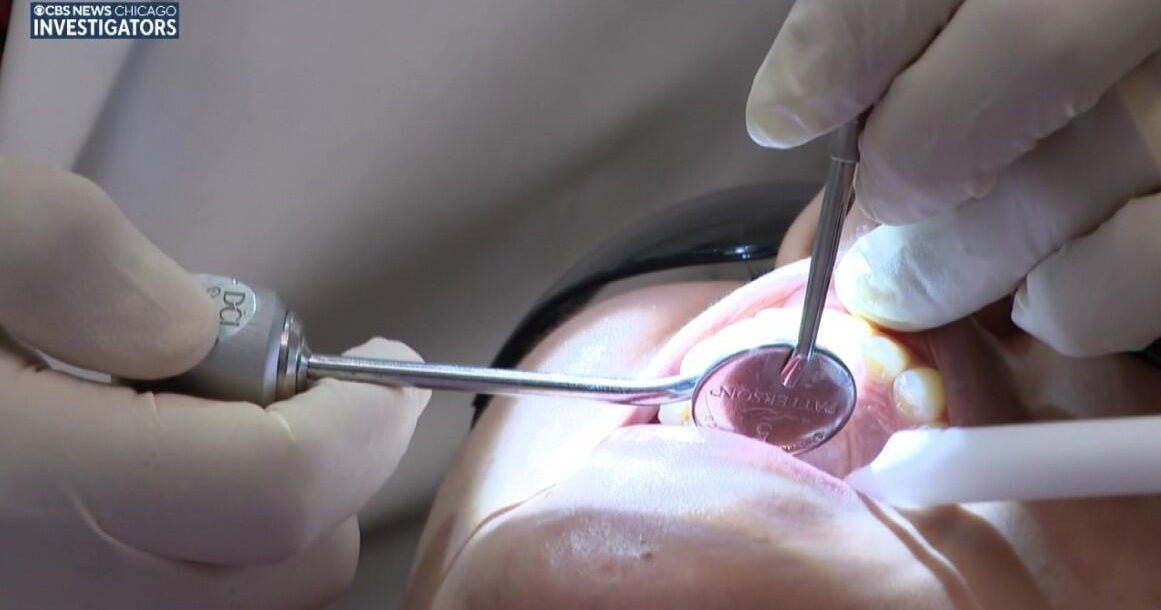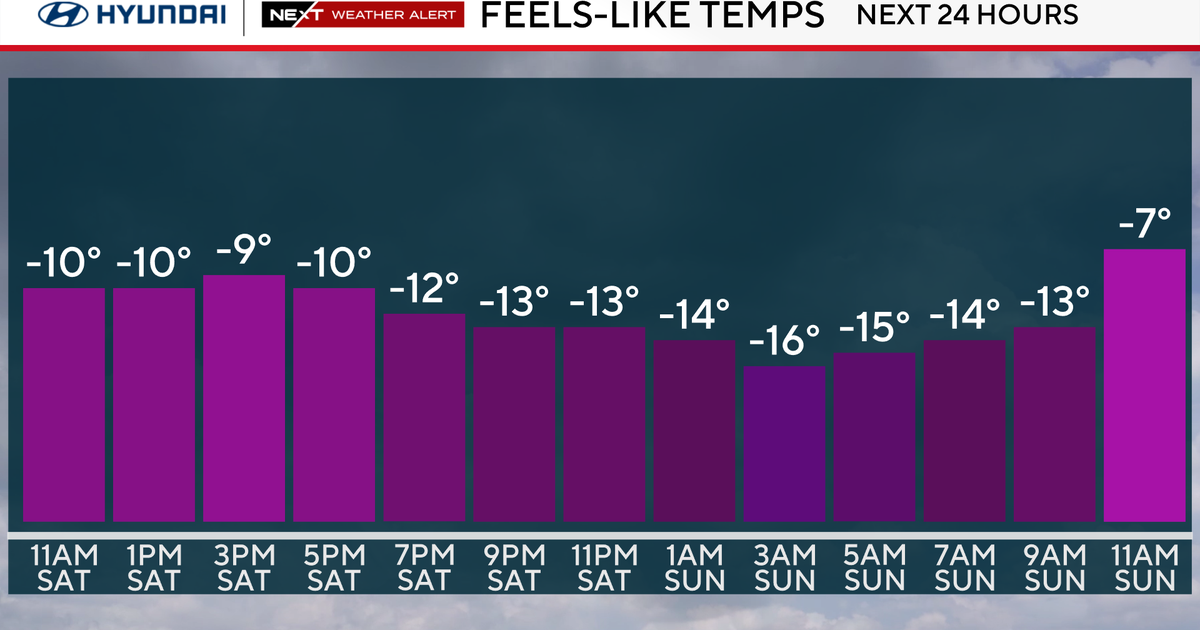Chicago expert details how extremely cold weather affects us
CHICAGO (CBS) – From city workers to homeowners digging out, some don't have an option when it comes to not being outdoors.
With the extreme cold, experts are issuing extreme warnings, urging those to take all safety precautions during the extreme cold. CBS 2's Andrew Ramos spoke to experts on what those outside need to know.
Frostbite, hypothermia, even a heart attack – those are some of the many dangers lurking when the temperature dips this low. And it's why experts are raising the red flag, especially if you are going to be out in the elements over the next couple of days.
Call it a labor of love for Christian Miranda and Kayla Cartagena, where they spent a good part of their Friday afternoon hard at work clearing the path for their family's auto body shop in Pilsen.
"We got to come out here depending on whatever weather it is just to make sure it's done right, you know?" Miranda said.
And even though they were prepared with layers upon layers, the cold proved to be too much.
"This is my first negative weather in Chicago, so I am experiencing my eyelids freezing shut," Cartagena said. "It's an interesting experience for sure."
As much of the region hunkers down with the blast of frigid temperatures, it could become a dangerous, and in some cases, deadly situation for others.
"The elderly, children as well as workers that need to work outside, they're definitely the most in danger," said Dr. Josephine Dlugopolski, of Loyola Medicine.
Dlugopolski said the first tell-tale signs of trouble could surface within minutes.
"The first thing that happens is the frost nip, so it's not extreme frostbite, but first you will notice that your fingers and toes may be burning, changing colors, your nose may get extremely cold," Dlugopolski said.
She added, "As you stay in the cold environment longer, that's when your body temperature actually drops."
Confusion and a low heart rate will then follow suit and that is when Dlugopolski said you should seek shelter immediately. She said the person may start to breathe slowly and may actually appear as if they are intoxicated, but really they're suffering from hypothermia.
When it comes to exposed skin, you should keep tabs on a drastic change in color where it becomes pale, and tingling.
Burning sensations are also important to notice, and in extreme cases, it'll turn blue.
And if you're looking to treat it, avoid hot water at all costs.
"You don't want to have already injured skin going into hot water because then you will cause significant burns and you'll have more skin damage in the long run," Dlugopolski said.
If you find yourself in a situation that's on the brink of frostbite or hypothermia, experts say one of the most effective remedies is skin-to-skin contact, even if that means putting your hands under the armpits until you get feeling back.







